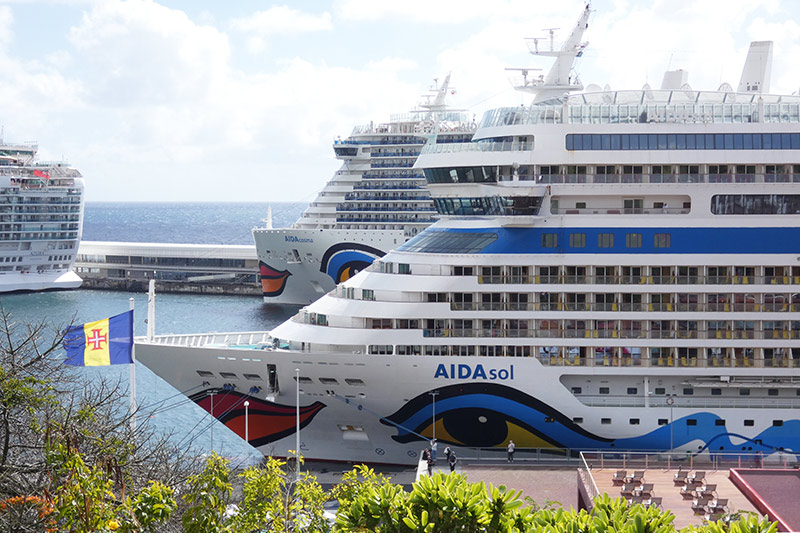The new AIDA Cruises ships will be equipped with multi-fuel engines that will be able to run on multiple fuels, the company’s CEO, Felix Eichhorn, said.
This means that the ships will run on LNG when they enter service but will be ready to operate on bio-LNG, e-LNG, or e-methanol in the future, he explained in a recent interview with the Hamburger Abendblatt.
Set to be built at the Fincantieri shipyard in Italy, AIDA’s new ships were ordered in April. The 150,000-ton vessels are scheduled for delivery in 2030 and 2032.
“We are preparing for various scenarios because governmental and international decisions on the framework conditions are still pending,” Eichhorn said.
“It is currently impossible to predict which fuel will ultimately prevail in which region and will then be available in sufficient quantities and at affordable prices,” he added.
AIDA is also investing in alternative energy sources, including batteries and fuel cells, Eichhorn continued, mentioning tests onboard the company’s current fleet.
“On the AIDAprima, we installed a 10-megawatt-hour battery, currently the most powerful in the entire maritime industry worldwide. This allows for short-term, completely emission-free cruising, for example, in Norwegian fjords or when departing from ports,” he explained.
The company also tested a fuel cell onboard the AIDAnova to gain practical experience in handling methanol onboard and obtaining approval from authorities.
Following a wider industry target, AIDA is aiming to reach net-zero emissions by 2050, Eichhorn noted.
“The market is moving positively, but many framework conditions, both political and technical, remain unclear. We need a mix of measures: new technologies, but also improved energy efficiency in the existing fleet and further route optimization,” he said, mentioning the company’s AIDA Evolution refit program.
AIDA’s new ships now require two-thirds less energy per passenger than those put into service 20 years ago.
“A one-week cruise on the AIDAnova from Hamburg to Norway emits no more CO₂ per guest than a one-way flight from Hamburg to Palma de Mallorca or Lisbon,” he added.




